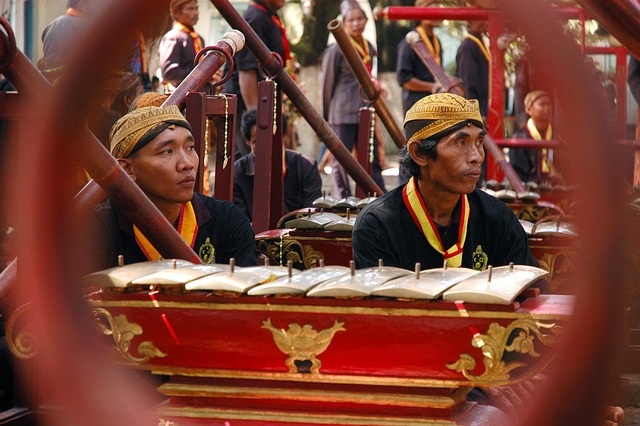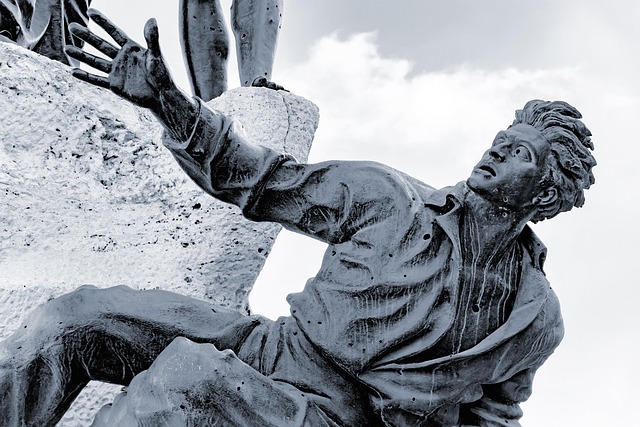Sacred Traditions: Exploring the Intersection of Religion and Morality
Traditions are the lifeblood of many cultures, weaving a tapestry of shared beliefs and practices that guide individuals in their everyday lives. Among these traditions, religion holds a significant place, acting as a moral compass for countless individuals and communities. The relationship between tradition, religion, and morality is intricate, revealing both universal principles and deeply personal beliefs that shape our understanding of what it means to live a good life.
For centuries, religious traditions have provided frameworks for moral behavior, instilling values that guide adherents in their interactions with others. From the Ten Commandments in Christianity to the Five Pillars of Islam, sacred teachings offer a foundation for ethical decision-making. These principles often emphasize virtues such as compassion, honesty, and justice, encouraging individuals to reflect on their actions and the impact they have on those around them.
At the intersection of tradition and morality lies the powerful influence of community. Religious rituals and communal practices reinforce moral values, creating an environment in which individuals feel supported in their ethical choices. When we gather to celebrate a religious holiday or participate in a communal service, we not only reaffirm our beliefs but also strengthen the moral fabric that binds us together. This shared experience fosters a sense of belonging and accountability, prompting us to uphold the standards of our traditions.
However, the relationship between tradition and morality is not without challenges. As society evolves, so do interpretations of what is deemed acceptable or righteous behavior. This is particularly evident in discussions surrounding issues such as gender equality, environmental ethics, and social justice. While some individuals advocate for a strict adherence to traditional religious teachings, others argue for a re-examination of these values in light of contemporary moral dilemmas. This dynamic tension raises important questions about the adaptability of traditions and the role of religious beliefs in moral reasoning.
Moreover, the diversity of religious traditions across the globe presents both an opportunity and a challenge. Each tradition carries its unique moral teachings and interpretations, enriching the dialogue on morality. Engaging with different perspectives can broaden our understanding and encourage empathy, yet it also requires us to navigate the complexities of conflicting beliefs. In a pluralistic society, finding common ground amid diverse traditions can help foster mutual respect and cooperation, paving the way for a more harmonious coexistence.
Ultimately, the intersection of religion and morality through tradition invites us to reflect on our values and beliefs. What moral principles resonate most deeply within us? How do our religious traditions shape our understanding of right and wrong? These questions are not merely academic; they are deeply personal and require introspection. Embracing the teachings of our traditions while remaining open to growth and change allows us to forge a path that honors our heritage while addressing the moral challenges of our time.
In the end, understanding the sacred traditions that inform our moral values can lead to more harmonious interactions and a deeper appreciation for the rich tapestry of human experience. By exploring the intersection of religion and morality, we can uncover a shared commitment to nurturing a just and compassionate world, rooted in the timeless teachings of our traditions.




